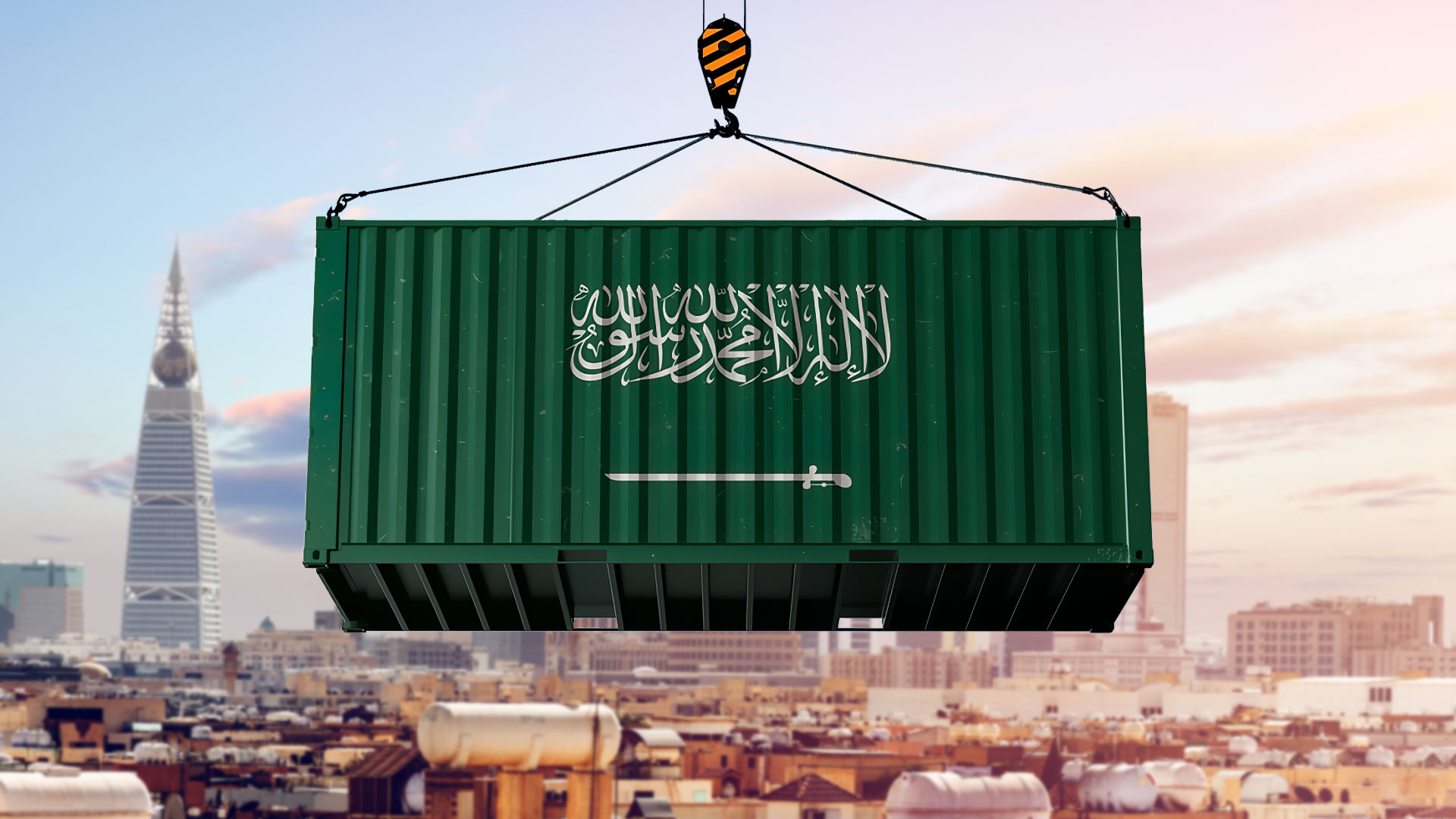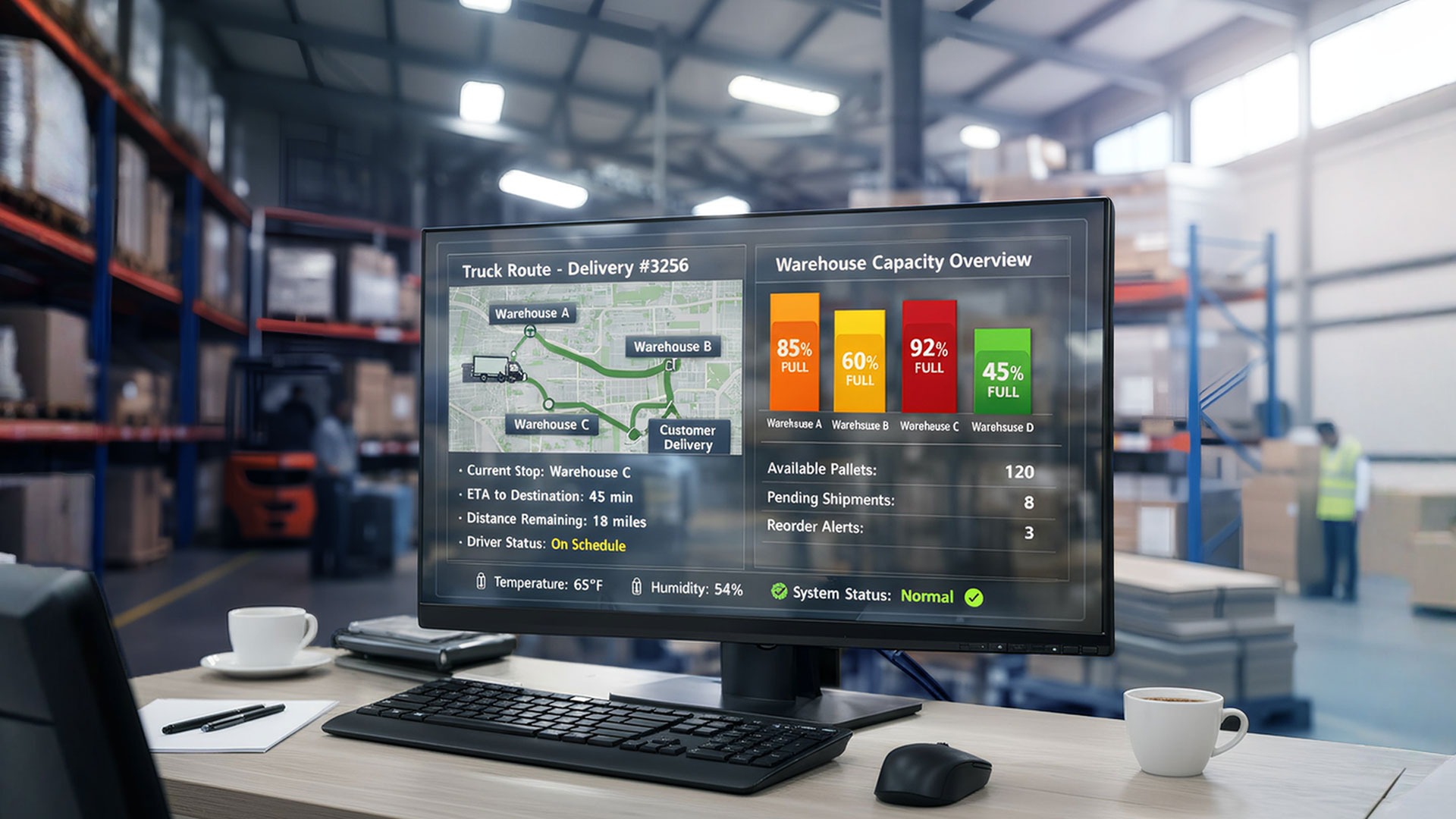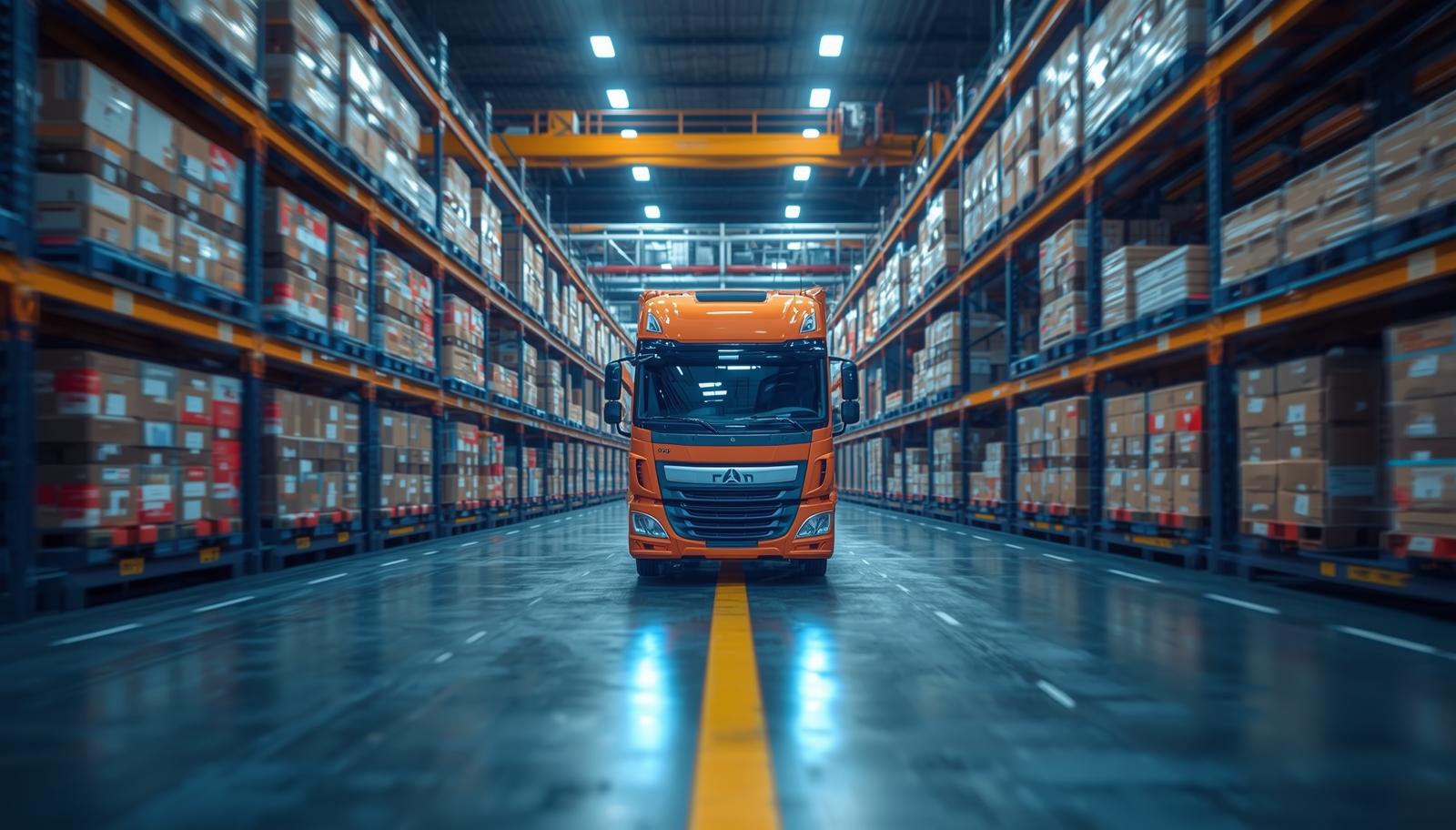
Saudi Arabia is currently experiencing a financial revolution that has been given a boost by Vision 2030. This landmark development concept is meant to ensure economic diversification in a country that entirely depends on revenue generated from oil exports. The new business environment presented through this restructuring exercise offers attractive opportunities but simultaneously poses multifaceted challenges for potential investors planning to penetrate or expand their presence in the country. The logistics sector is becoming more central due to the emergence of industries such as tourism, manufacturing, and electronic commerce. Efficient logistics solutions are more than enablers they are an integral part of a successful business strategy in Saudi Arabia.
Let’s dive deep into the complexities of the Saudi market, examining the critical logistical solutions that support the country’s varied economy. From sophisticated infrastructure development and regulatory changes to the integration of cutting-edge technology, we will walk you through the critical components required to manage and prosper in this changing environment. Understanding and adapting to Saudi Arabia’s distinct logistics ecosystem is critical for both international corporations and local businesses.
Saudi Arabia on the Rise: A Numbers Game
Saudi Arabia is going through a major transformation. Crown Prince Mohammed bin Salman’s Vision 2030 is a bold plan to reduce the country’s reliance on oil and build a more diverse, knowledge-based economy.
Saudi Arabia’s master plan to develop logistics centers in the Kingdom will help improve transport services and contribute to infrastructure development, according to Minister of Transport and Logistics Services Saleh Al-Jasser.
On Aug. 27, 2023, Saudi Arabia’s Crown Prince Mohammed bin Salman launched the master plan that details a comprehensive arrangement that seeks to develop 59 logistics centers, encompassing a total area exceeding 100 million sq. meters.
The 59 logistics centers proposed in the new master plan will span various regions, including 12 each in Riyadh and Makkah, 17 in the Eastern Province, and 18 across other parts of the Kingdom. The strategy aims for the completion of all centers by 2030.
Saudi Arabia’s National Logistics Strategy aims to position the Kingdom as one of the top 10 countries globally in the logistics performance index by the end of this decade, aligned with the goals outlined in Vision.
The Kingdom’s logistics strategy also seeks to improve the capabilities of Saudi Arabia’s air cargo sector by doubling its capacity to over 4.5 million tons by 2030.
According to the Logistics Performance Index issued by the World Bank in April 2023, Saudi Arabia jumped 17 places in the list to secure the 38th spot.
After the launch of the new master plan, the crown prince said that these logistics centers would facilitate faster export of Saudi products and Strengthen the e-commerce sector, along with creating several job opportunities.
“The plan is part of a package of continuing initiatives set as targets by the National Logistics Strategy, to develop the logistical sector to support the economy, increase the local, regional and international connections of the international trade networks and global supply chains,” said the crown prince.
This vision is already producing impressive outcomes:
- The World Bank predicts that Saudi Arabia’s GDP will be $1.07 trillion by 2025 (source: World Bank).
- E-commerce sales are expected to hit $41.4 billion by 2024, indicating a thriving online retail market (source: Statista).
These statistics make it clear that Saudi Arabia is looking for efficient and innovative logistics solutions. However, keep in mind that this is a one-of-a-kind and complex market with unique challenges.
Understanding the Saudi Market Landscape
Saudi Arabia, the Middle East’s biggest economy, is situated in a perfect location for logistics because it lies at the convergence of three continents – Asia, Africa, and Europe. The government of the country is working to enhance its infrastructure, streamline bureaucracy, and attract overseas capital as part of Vision 2030 in line with its desire to exploit this edge. The primary goal is to make sure that KSA is a significant participant in international trade and transportation sectors.
Key Economic Sectors
- Oil and Gas: Even though the aim is to diversify, oil and gas are still really important. Saudi Aramco, which is the world’s most valuable company, is a big part of that.
- Tourism: Initiatives like NEOM and the Red Sea Project aim to attract millions of tourists.
- Manufacturing: There’s a push to develop sectors like automotive, pharmaceuticals, and food processing.
- Retail and E-commerce: The e-commerce market is booming, with significant growth in online retail.
Infrastructure Development
Saudi Arabia has been investing heavily in infrastructure to support its logistics ambitions. The Kingdom plans to invest over $150 billion in transport infrastructure by 2030. Key projects include:
- The North-South Railway: One of the world’s longest railways, important for freight movement.
- King Abdullah Port: Positioned to be one of the top 10 ports globally.
- Expansion of Airports: Including King Abdulaziz International Airport in Jeddah and King Khalid International Airport in Riyadh.
Regulatory Reforms
The Saudi government has introduced several reforms to streamline logistics operations. These include:
Easing customs procedures: The Saudi Customs Authority has implemented electronic data interchange (EDI) systems to expedite clearance processes.
Public Investment Fund (PIF) initiatives: PIF is driving investments in logistics infrastructure and technology.
Digital Transformation
The importance of embracing digital transformation cannot be over-emphasized. The logistics industry is geared towards incorporating technologies such as IoT, AI, and blockchain to boost effectiveness and transparency.
Optimizing Your Logistics for the Saudi Market: A Step-by-Step Guide
Now, let’s get tactical. Here’s a roadmap to tailor your logistics solutions for the Saudi market:

Freight and Transportation
- Leveraging the combination of road, rail, sea, and air transport to optimize cost and time.
- Essential for sectors like pharmaceuticals and food. The demand for temperature-controlled logistics is rising.
Warehousing and Distribution
- Establish warehouses in key economic zones like Jeddah, Riyadh, and Dammam to facilitate quick distribution.
- Implementing automated storage and retrieval systems (ASRS) to improve efficiency.
Last-Mile Delivery
The rise of e-commerce has made last-mile delivery crucial. Solutions include:
- Small distribution centers within cities to reduce delivery time.
- Utilizing gig economy workers for flexible delivery options.
Compliance and Risk Management
Understanding local regulations and managing risks is essential:
- Ensuring adherence to customs regulations, VAT laws, and other local requirements.
- Developing strategies to handle geopolitical risks, supply chain disruptions, and market fluctuations.
Technology Adoption and Innovation
- Invest in a robust warehouse management system (WMS) to optimize storage and fulfillment.
- Explore automation technologies like robotics to improve efficiency and reduce costs.
- Implement a real-time tracking system to offer customers transparency throughout the delivery process.
Cultural Sensitivity and Localization
- Train your staff on Saudi Arabian culture and business etiquette.
- Consider offering customer support in Arabic to enhance user experience.
- Adapt your marketing materials and branding to resonate with local audiences.
Case Study: Successful Adaptation
Aramex: Pioneering Logistics in Saudi Arabia
Aramex has significantly expanded its operations in Saudi Arabia by launching a new regional headquarters in Riyadh, aligning with Saudi Arabia’s Vision 2030. This strategic move enhances Aramex’s service delivery and logistics capabilities within the Kingdom. For more detailed information, you can refer to the following sources:
Conclusion
Saudi Arabia is experiencing a dramatic transition, stimulated by Vision 2030, which aims to diversify its economy beyond oil and position itself as an important global logistics hub. The Kingdom’s ambitious intentions to build substantial logistical infrastructure, reduce laws, and embrace digital technology present several opportunities for enterprises. However, the market’s particular problems necessitate strategic adaption and a thorough awareness of the local environment. Companies like Aramex have proven effective adaptation via strategic expansion and the use of innovative logistics solutions. Businesses may succeed in this dynamic and ever-changing industry by implementing specific logistical methods and embracing innovation.
How Can Wahyd Logistics Help?
With expertise in Logistics and a long list of happy customers, Wahyd Logistics is always committed to providing seamless logistics services that cater to your business requirements.
We are here to offer you hassle-free and customized logistics solutions, so you can do more with your business while we handle all the challenging tasks!
Contact our logistics experts today and we will be happy to help with your logistics.






